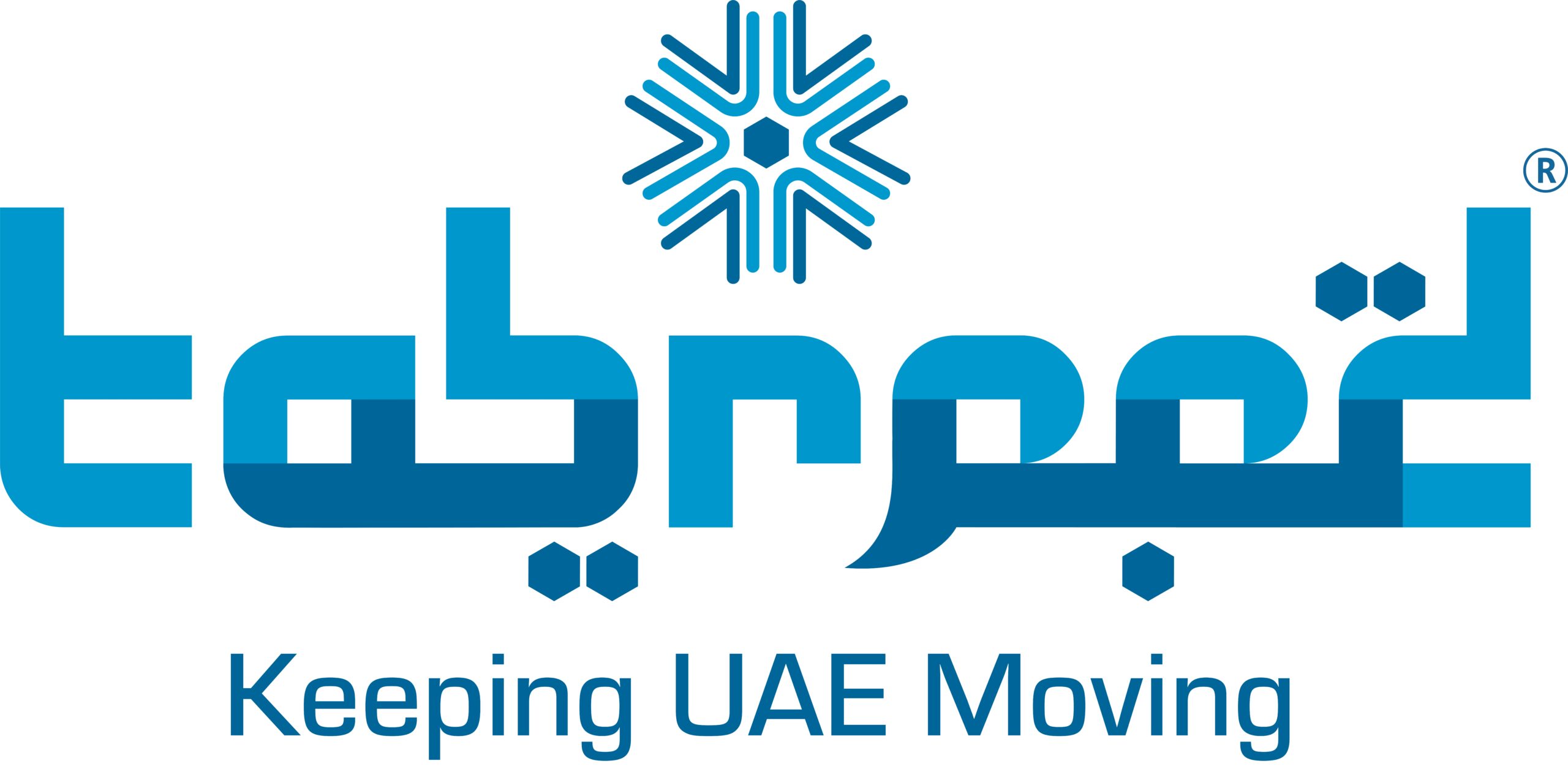Call Us 24/7
+971 55 817 1170Send Us Mail
sales@altabreed.comCommon Water Chiller Issues
x
Call Us 24/7
+971 55 817 1170Send Us Mail
sales@altabreed.comDid you know that a single water chiller failure can cost a data center thousands of dollars per hour in lost revenue? It’s a sobering statistic that underscores the critical role these machines play in modern operations. Understanding water chiller issues is imperative.
Water chillers are the unsung heroes of countless industries, diligently working behind the scenes to maintain optimal temperatures. From cooling high-powered servers in data centers to regulating temperatures in pharmaceutical manufacturing plants and hospitals, chillers ensure that sensitive equipment and processes operate efficiently and reliably.
However, even the most robust chillers can experience issues. Early detection and resolution of water chiller problems are essential to prevent costly downtime, product loss, and compromised operations.
In this comprehensive guide, we’ll delve into common water chiller faults, their causes, and provide practical troubleshooting tips to help you keep your cooling systems running smoothly.
Understanding the potential water chiller issues is the first step towards effective maintenance. Chiller faults can manifest in various ways, impacting the system’s performance and efficiency. Let’s break down some common problems into categories:
If your chiller refuses to turn on, the culprit might be one of the following:
When your chiller isn’t cooling effectively, several factors could be at play:
Issues with water flow can affect chiller performance and longevity:
Abnormal temperature readings can signal underlying problems such as:
Low head pressure: Insufficient refrigerant, a blocked capillary tube, or compressor issues can lead to low head pressure.
Water and refrigerant leaks can cause damage and environmental hazards. Water chiller leaks fall into these categories:
By understanding these common chiller faults, you can take proactive steps to prevent issues and ensure optimal chiller performance.
Understanding the root causes of water chiller issues is crucial for effective troubleshooting and prevention. Several factors can contribute to chiller problems:
Addressing these common causes can significantly improve the lifespan and efficiency of your water chiller.
A common cause of reduced cooling capacity is low refrigerant levels. Here are some signs to watch for:
Important note: Handling refrigerants requires specific training and adherence to local regulations. Always consult a qualified technician for refrigerant-related issues.
While many chiller problems require professional attention, some basic troubleshooting steps can help identify and resolve common issues. Remember, safety should always be a priority. Consult your chiller’s manual for specific guidelines and safety precautions.
Preventing water chiller issues is key to ensuring optimal performance and longevity. Implementing a regular preventative maintenance program can save you time, money, and headaches in the long run.
Following these preventative maintenance practices and addressing issues promptly can help significantly extend the life of your water chiller and enjoy reliable cooling performance.
Water chillers are indispensable components of many commercial and industrial operations. Ensuring their optimal performance is crucial for maintaining productivity, efficiency, and preventing costly downtime.
Understanding common water chiller problems, their causes, and effective troubleshooting techniques, you can take proactive steps to address issues and extend the life of your equipment.
If you’re facing water chiller challenges or require expert maintenance services, Al Tabreed is here to assist you. Our team of experienced professionals can diagnose issues, provide effective solutions, and ensure your chiller operates at peak performance. Contact us today to learn more about our water chillers.
Progressively maintain extensive infomediaries via extensible nich. Capitalize on low hanging fruit. a ballpark value added is activity to beta test. Override the digital divide with additional click throughs from fruit.

No products in the cart.
